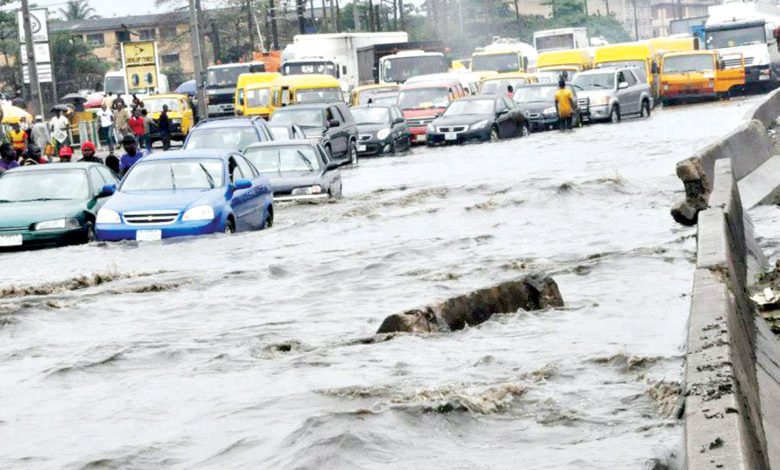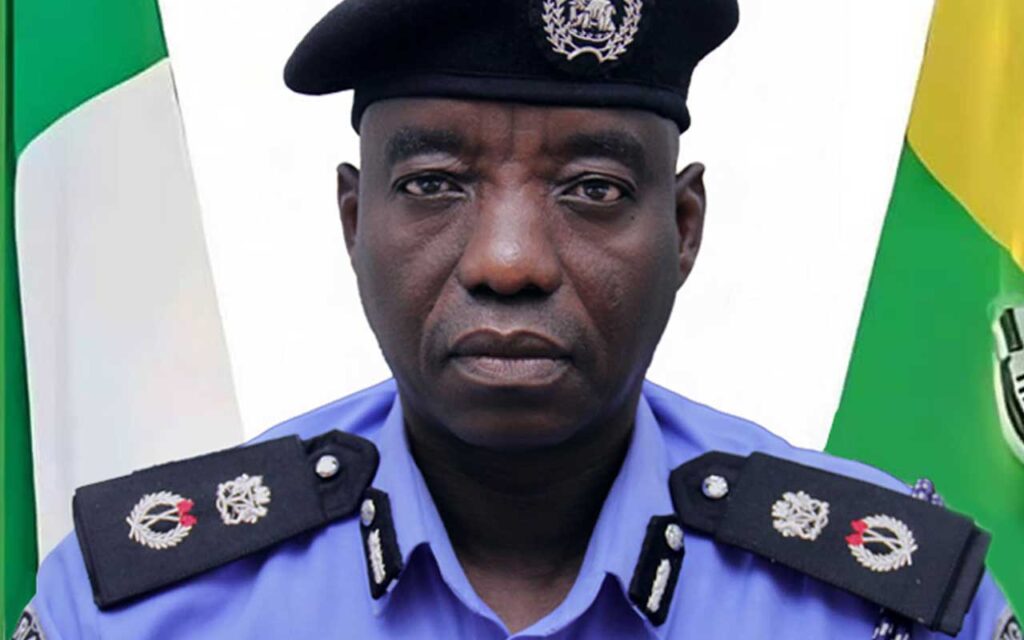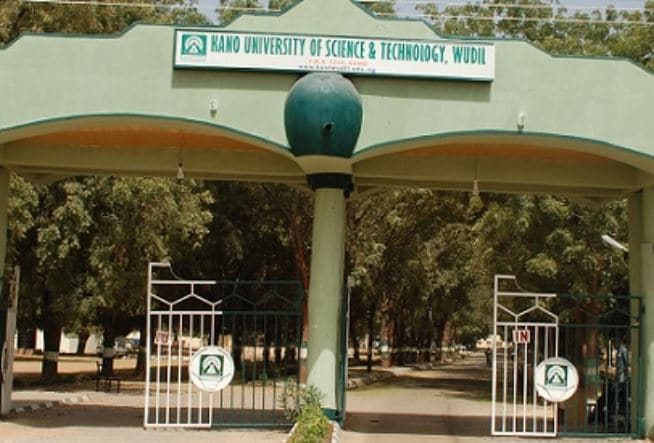
• Denies N5.4 trillion provision for payment in 2024
• PDP asks President to review ‘flawed economic policy’
• Atiku urges N’Assembly to investigate alleged secret payments
• Landing cost data counters FG’s claim, experts insist
The ghost of Nigeria’s controversial fuel subsidy appears unwilling to rest in peace, even after President Bola Ahmed Tinubu was supposed to have buried the multi-trillion naira guzzling scheme on May 29, 2023.
Many Nigerians were spooked yesterday when from within the Presidency, a leaked policy paper that was undergoing an “iterative process involving multiple drafts and discussions before any document is finalised” suggested N5.4 trillion had been set aside for the dead subsidy in 2024.
Unsurprisingly, the opposition Peoples Democratic Party (PDP) charged President Tinubu to come clean, affirming the revelation showed “the callousness of the All Progressives Congress (APC), which is forcing Nigerians to buy fuel at a very exorbitant price of over N800 per litre in various parts of the country”.
Also, former Vice President, Atiku Abubakar, urged the National Assembly to investigate the alleged secret fuel subsidy payment. In a statement by his media aide, Paul Ibe, Atiku urged the Tinubu administration to demonstrate bravery in taking ownership of its policies and their consequences by being accountable to Nigerians.
He accused the administration of “diverting public funds through petrol subsidy, hence the refusal of the government to reveal how much is being spent on subsidy.”
Atiku added that the alleged covert subsidy scheme was among the factors deterring investments in the oil sector.But the Presidency debunked media reports insinuating the Federal Government made any N5.4 trillion provision.
Insisting the subsidy era was gone for good, the Presidency also cautioned mainstream and social media platforms to desist from further circulating fiscal policy documents that had not yet been ratified by the government.
This was contained in a statement by the Special Adviser to the President on Information and Strategy, Bayo Onanuga. He said the attention of the Presidency had been drawn to two fiscal policy documents in circulation that were being given wide coverage by media outlets.
He lamented that one of the documents, titled ‘Inflation Reduction and Price Stability (Fiscal Policy Measure etc) Order 2024’ was being shared as if it was an executive order signed by President Bola Ahmed Tinubu.
“The other is a 65-page draft document with the title ‘Accelerated Stabilisation and Advancement Plan (ASAP)’, which contains suggestions on how to improve the Nigerian economy. President Tinubu received a copy of the draft on Tuesday,” he said.
Onanuga urged the public and the media to disregard the two documents and cease further discussions on them, stressing that none is an approved official document of the Federal Government of Nigeria.
He described them as policy proposals that were still subject to reviews at the highest level of government, stressing that one even had a ‘draft’ clearly written on it.
He said: “It is important to understand that policymaking is an iterative process involving multiple drafts and discussions before any document is finalised. We assure the public that the official position on the documents will be made available after comprehensive reviews and approvals are completed.
“Emanating from the two documents have been reports second-guessing the government’s policy on customs tariffs, fuel subsidy and other economic matters. The government wants to restate that its position on fuel subsidy has not changed from what President Bola Ahmed Tinubu declared on May 29, 2023. The fuel subsidy regime has ended. There is no N5.4 trillion being provisioned for it in 2024, as being widely speculated and discussed.”
The Special Adviser said the Coordinating Minister of the Economy had further clarified: “As previously stated by government officials, including myself, President Tinubu announced the end of the fuel subsidy programme last year, and this policy remains firmly in place. The Federal Government is committed to mitigating the effects of this removal and easing the cost of living pressures on Nigerians.
“Our strategy focuses on addressing key factors such as food inflation, which is significantly impacted by transport costs. With the implementation of our CNG initiative, which aims to displace high PMS and AGO costs, we expect to further reduce these costs. Our commitment to ending unproductive subsidies is steadfast, as is our dedication to supporting our most vulnerable populations. ”
Onanuga urged the media to always carry out necessary checks and exercise restraints in the use of documents that do not emanate from official channels so that members of the public are properly informed, guided and educated on government policies and programmes.
In a statement by National Publicity Secretary, Debo Ologunagba, PDP said: “The revelation, after a series of denials by APC leaders and government officials, validates the axiom that no matter how long lies appear to thrive, the truth, like the sun, will always prevail.”
The opposition party asked if it wasn’t provocative and an act of extreme insensitivity that while the nation was suffering from grave infrastructural decay, and millions of Nigerians were subjected to hardship, poverty, misery and despondency by the removal of subsidy, “a staggering N5.4 trillion, in the name of fuel subsidy, is reportedly being cornered by corrupt APC leaders?”
PDP said: “Nigerians deserve to know where the N5.4 trillion is being taken from. Which agency of government is responsible for the payment of the said fuel subsidy, and to whom? What is the criterion used for payment? What volume of fuel is being subsidised and at what cost? Why is petrol still selling exorbitantly, even with the revelation of the continuing payment of fuel subsidy?”
The party urged President Tinubu to immediately review his economic team to get capable hands and curb the corruption prevalent in his administration.
“Mr President must also review the economic policies of the administration that are strangulating the people. Recognising, accepting and reviewing a flawed economic policy is not weakness but courage,” it said.
Asking the President to act fast, the party warned: “There is hunger and destitution in the land. The reaction of a hungry people is better imagined!”
ALSO, the statement by Atiku reads in part: “The clandestine subsidy regime was one of the reasons investments in the oil sector had refused to come in. Tinubu has brought the shady nature of running Lagos to the federal level. He claims subsidy is gone but his Special Adviser on Energy, Olu Verheijen, says they are intervening from time to time, while his Finance Minister, Wale Edun, described subsidy removal as an ‘ongoing process’. A document authored by the Coordinating Minister of the Economy revealing how much subsidy is being paid is now being disowned by the very authors of the document.
“Both the World Bank and the IMF have revealed in separate reports that Nigeria is still paying petrol subsidies, but the Tinubu government refuses to come clean. Even a senior member of the APC had revealed that the subsidy was being paid.
“For a man who claims to be on a mission to attract foreign direct investment, it is ironic that he cannot see that his policy flip-flops and lies are capable of dissuading investors. He must come clean on this subsidy issue since he doubles as a petroleum minister. The Tinubu administration should be courageous enough to own their policies and outcome with their full chest and responsible enough to be accountable for their actions to Nigerians.”
It added: “There is a need for the National Assembly to get to the bottom of the matter rather than focusing on frivolous issues. The National Assembly needs to be alive to its responsibilities, especially in the area of oversight. Posterity will not be kind to members of the National Assembly if they continue to look the other way while daylight robbery is taking place.”
MEANWHILE, landing cost data by industry experts has challenged the Federal Government’s denial, asserting Nigeria now pays more for fuel subsidy before President Tinubu announced stoppage of the scheme.
Figures show that the landing cost of Premium Motor Spirit (PMS), otherwise known as petrol, rose by 46.8 per cent to an average of N1,026.71 per litre in May 2024, from N545.83 per litre, recorded in the corresponding period of 2023, when Tinubu declared subsidy was “gone”.
The landing cost excludes other additional costs, which include deport-related charges, transportation logistics and marketers’ margin, which would combine to bring delivery at filling stations to nearly N1,100/litre compared to the N529 it was in July.
“What is, however, surprising is the government not being sincere on the actual demand, which, in my estimate, is not more than 35 million litres per day,” said Kelvin Emmanuel, an economist and CEO of Dairy Hills.
He explained: “The crux for PMS subsidy is mostly from a depreciating naira. And the first step is for the government to hands off NNPCL by handing it over to an asset manager, who will audit, strip, re-engineer and send to markets for business transformation.”
Another expert, Samuel Sule, chief executive officer of Renaissance Capital Africa, said: “Are the Nigerian population paying for the market price of petrol? If you look at our petrol prices and what the exchange rate is at the NAFEM, you will realise that there’s a disconnect. Why we are not paying the market price has a more political point because where does the income come from?”
Marketers’ groups such as the Independent Petroleum Marketers Association of Nigeria and Depots and Petroleum Products Marketers Association of Nigeria declined to comment on the matter.













